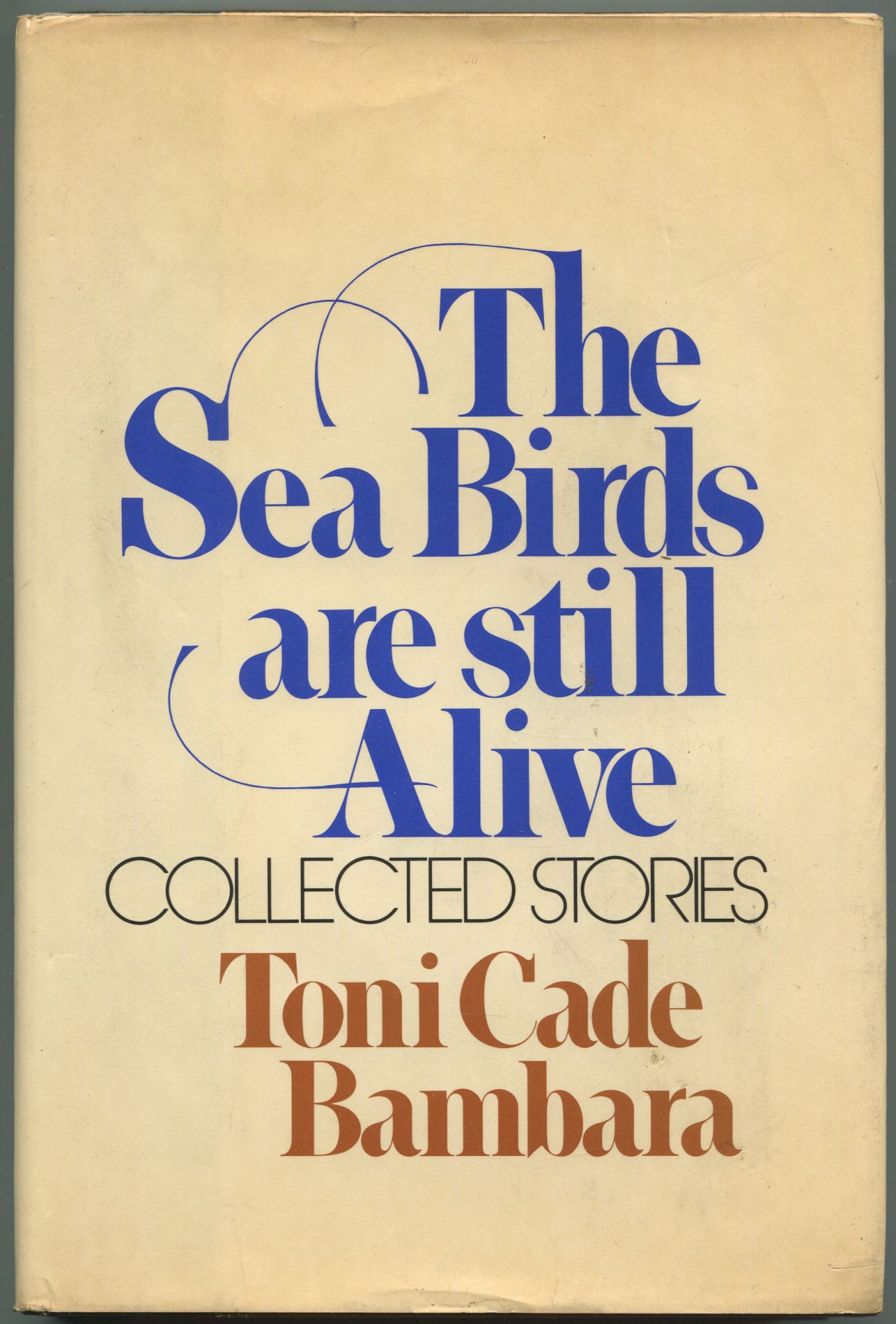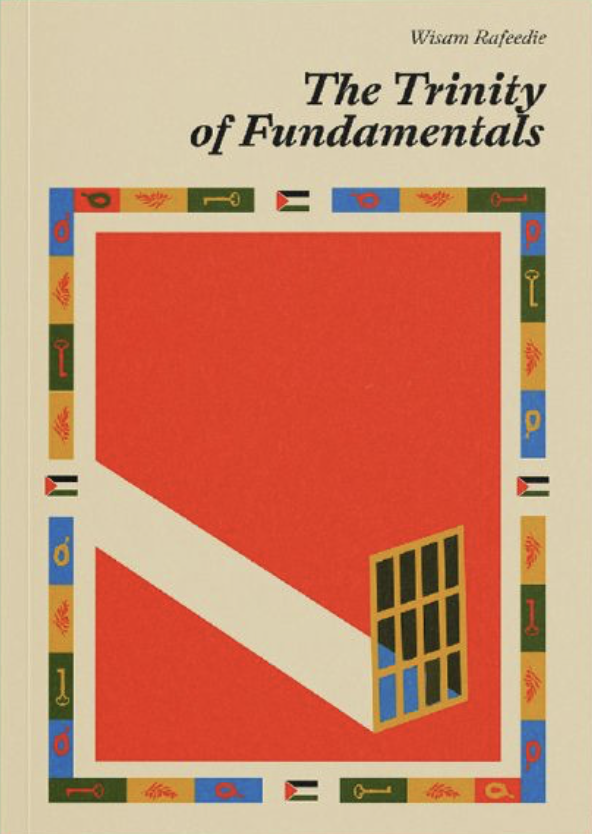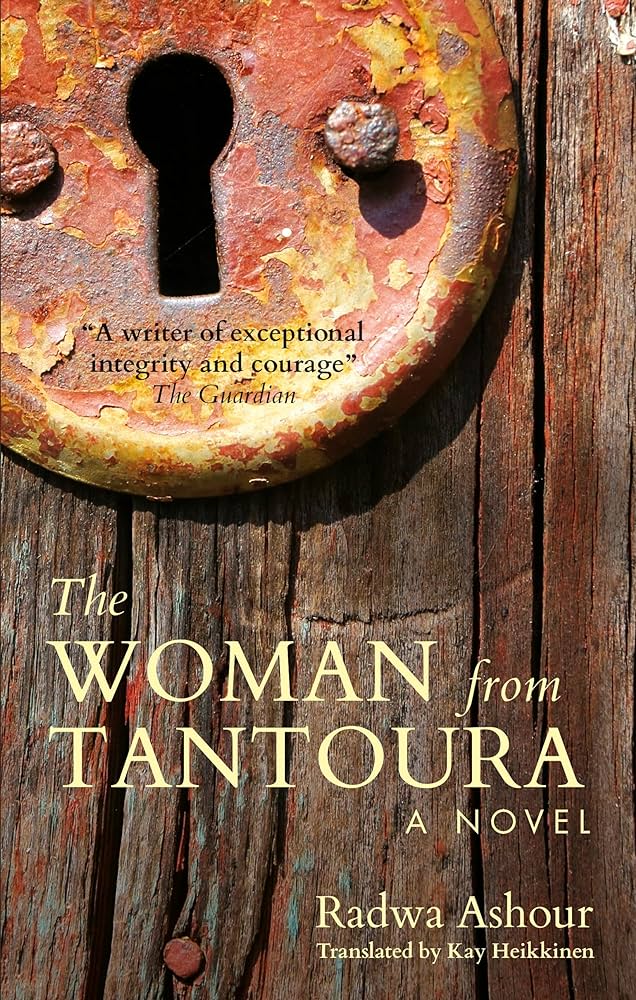At a café table in Lahore, a bearded Pakistani man converses with an uneasy American stranger. As dusk deepens to night, he begins the tale that has brought them to this fateful encounter…
Changez is living an immigrant's dream of America. At the top of his class at Princeton, he is snapped up by an elite valuation firm. He thrives on the energy of New York, and his budding romance with elegant, beautiful Erica promises entry into Manhattan society at the same exalted level once occupied by his own family back in Lahore.
But in the wake of September 11, Changez finds his position in his adopted city suddenly overturned, and his relationship with Erica shifting. And Changez's own identity is in seismic shift as well, unearthing allegiances more fundamental than money, power, and maybe even love.
Ten stories of Black life written with Ms. Bambara's characteristic vigor, sensibility and winning irony. The stories range from the timid and bumbling confusion of a novice community worker in "The Apprentice" to the love-versus-politics crisis of an organizers wife, to the dark and bright notes of the title story about the passengers on a refugee ship from a war-torn Asian nation.
The year is 1968. The recent Arab defeat in the Naksa has led to the loss of all of historic Palestine. In the midst of violent political upheaval, Mahmoud, a young Palestinian boy living in the Galilee, embarks on a school trip to visit the West Bank for the first time. For Mahmoud, his mother and his grandmother, the journey sets off a flood of memories, tracing moments that bond three generations together. How do these personal experiences become collective history? Why do some feel guilty for surviving war? Is it strange to long for a time never lived? In this groundbreaking novella, Yara Hawari harnesses the enduring power of memory in defiance of the constrictions on Palestinian life. Against a system bent on the erasure of their people, the family’s perseverance is unbroken in the decades-long struggle for their stone house.
Boo lives with his family,
In their house at the end of the street.
They’ve lived there for years,
They built it from skyblocks and mooncrete.
Zig is a teacher, Pax is a nurse,
Their love is as wide as the whole universe.
Their smoots are flooping with joy,
In their house at the end of the street.
All is well… except for the dreaded Klang!
A lyrical, heartwarming tale about standing up to bullies and staying connected, even when all hope seems lost.
On the occasion of Palestinian Prisoners’ Day, the Palestinian Youth Movement’s (PYM) Popular University Committee is thrilled to announce the English translation and publication of Wisam Rafeedie’s The Trinity of Fundamentals. Written in 1993 during Rafeedie’s time in Zionist prison and confiscated by prison guards, the novel was smuggled out by Wisam’s comrades, and soon after became a significant text for the Palestinian prisoner’s movement.
The Trinity of Fundamentals follows the story of 22-year-old Kan’an during his nine years of hiding from the occupation between 1982 and 1991. Driven by an unshakable commitment to the Palestinian cause, Kan’an takes the reader through his compelling journey filled with sacrifice and struggle, love and pain, isolation and liberation. All the while, major political and historical transformations unfold across international, regional and local contexts, including the First Intifada. Throughout all this, Kan’an maintains a spirit of revolutionary optimism so strong that the reader is bound to be transformed. It is all the more moving to know that Kan’an’s story is inspired by the real life experience of Rafeedie as he organized and struggled against the Zionist oppression of his people.
Love, revolution, and life—these are the “Trinity of Fundamentals'' that pave Kan’an’s path of struggle. Although the novel is set in the past, it holds many lessons that resonate with our current political moment, mobilizing us into collective action.
#1 NEW YORK TIMES BESTSELLER - PULITZER PRIZE WINNER - NATIONAL BOOK AWARD WINNER - "An American masterpiece" (NPR) that chronicles a young slave's adventures as she makes a desperate bid for freedom in the antebellum South.
One of The New York Times's 10 Best Books of the 21st Century - A Kirkus Reviews Best Fiction Book of the Century - A Los Angeles Times Best Fiction Book of the Last 30 Years
The basis for the acclaimed original Prime Video series directed by Barry Jenkins.
Cora is a slave on a cotton plantation in Georgia. An outcast even among her fellow Africans, she is on the cusp of womanhood--where greater pain awaits. And so when Caesar, a slave who has recently arrived from Virginia, urges her to join him on the Underground Railroad, she seizes the opportunity and escapes with him.
In Colson Whitehead's ingenious conception, the Underground Railroad is no mere metaphor: engineers and conductors operate a secret network of actual tracks and tunnels beneath the Southern soil. Cora embarks on a harrowing flight from one state to the next, encountering, like Gulliver, strange yet familiar iterations of her own world at each stop.
As Whitehead brilliantly re-creates the terrors of the antebellum era, he weaves in the saga of our nation, from the brutal abduction of Africans to the unfulfilled promises of the present day. The Underground Railroad is both the gripping tale of one woman's will to escape the horrors of bondage--and a powerful meditation on the history we all share.
Each year the wind brings the news to old Halil's keen senses that the cotton is ripe for picking in the plain, and at his word the entire population of his remote village in the Taurus Mountains set out on the arduous trek.
But this year old Halil finds himself too old to go on foot; so does Long Ali's aging mother, Meryemdje, and both clamour for a place on the back of Long Ali's broken-down nag, scarcely capable of bearing either of the two old people. Halil's determination to stay on and Meryemdje's to get him off lead to a war of words and cunning which lights with delicious comedy the sombre drama of the march. But when the decrepit animal finally dies, and the group falls behind the rest of the villagers, it is the unfortunate Ali who has to show piety towards his mother and compassion to old Halil, while pressing on with dogged resolution to reach the cotton fields before they are picked bare.
The power of The Wind from the Plain, the first volume of The Wind from the Plain trilogy, lies in its simplicity, which in turn lies in the handful of unforgettable characters whose story it tells - the timeless one of survival.
Palestine. For most of us, the word brings to mind a series of confused images and disjointed associations-massacres, refugee camps, UN resolutions, settlements, terrorist attacks, war, occupation, checkered kouffiyehs and suicide bombers, a seemingly endless cycle of death and destruction. A powerful human story, following the life of a young girl from her days in the village of al-Tantoura in Palestine up to the dawn of the new century. We participate in events as they unfold, seeing them through the uneducated but sharply intelligent mind of Ruqayya, as she tries to make sense of all that has happened to her and her family. With her, we live her love of her land and of her people; we feel the repeated pain of loss, of diaspora and of cross-generational misunderstanding; and above all, we come to know her indomitable human spirit. As we read we discover that we have become part of Ruqayya's family, and her voice will remain with us long after we have closed the book.
This schoolroom drama that inspired the classic Sydney Poitier film is "a microcosm of the racial issues . . . A dramatic picture of discrimination" (Kirkus Reviews).
With opportunities for black men limited in post-World War II London, Rick Braithwaite, a former Royal Air Force pilot and Cambridge-educated engineer, accepts a teaching position that puts him in charge of a class of angry, unmotivated, bigoted white teenagers whom the system has mostly abandoned. When his efforts to reach these troubled students are met with threats, suspicion, and derision, Braithwaite takes a radical new approach. He will treat his students as people poised to enter the adult world. He will teach them to respect themselves and to call him "Sir." He will open up vistas before them that they never knew existed. And over the course of a remarkable year, he will touch the lives of his students in extraordinary ways, even as they in turn, unexpectedly and profoundly, touch his.
Based on actual events in the author's life, To Sir, With Love is a powerfully moving story that celebrates courage, commitment, and vision, and is the inspiration for the classic film starring Sidney Poitier.
In Alice Walker’s second story collection, women stand their ground in the midst of crisis
This collection builds on Alice Walker’s earlier work, the much-praised In Love & Trouble. But unlike her first collection of stories, the women in these tenderly wrought tales face their problems head on, proving powerful and self-possessed even when degraded by others—sometimes by those closest to them. But even as the female protagonists face exploitation, social asymmetries, and casual cruelties, Walker leavens her stories with ample wit and, as always, an eye for the redemptive power of love.
A collection that reveals a master of fiction approaching the fullness of her talent, these are the stories Walker produced while penning The Color Purple.
This ebook features an illustrated biography of Alice Walker including rare photos from the author’s personal collection.










